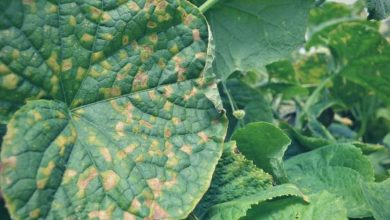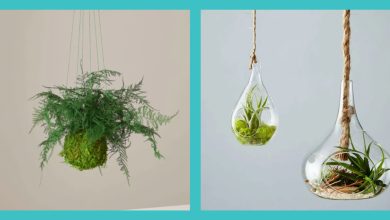What is an Organic Garden: Characteristics and Main Techniques
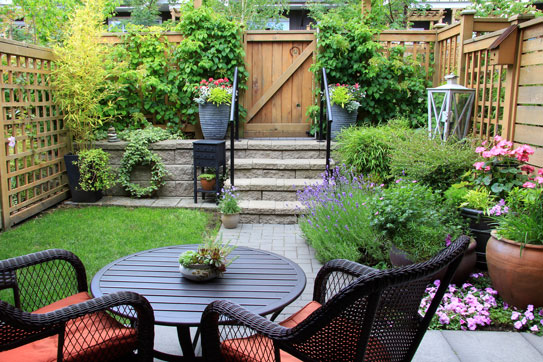
If you have heard of organic urban gardens but you still do not know for sure what organic agriculture consists of, do not go! What characteristics does an organic garden have and what can be grown? How to take care of an organic home garden and what are the permitted and prohibited products?
Today we will try to answer all these questions and we will see some of the most important aspects of this type of agriculture that respects the environment that is practiced in the organic garden.
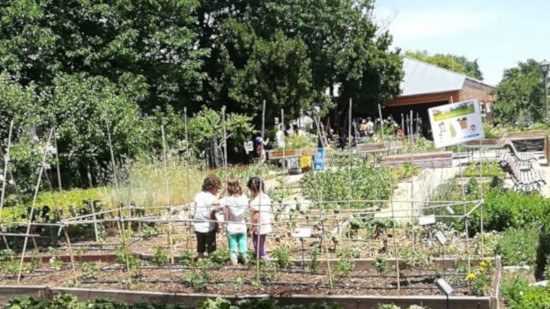
What is an organic garden?
An organic garden is a space in which horticultural plants, small fruit trees and aromatic plants are grown for use in the kitchen without using synthetic chemical products and respecting the principles of organic farming.
In addition to being a place free of pesticides or artificial fertilizers, traditional techniques that favor biodiversity are carried out in the organic garden, such as the association and rotation of crops, the use of compost and other natural fertilizers or the integrated fight for the pest removal.
In this post we will see what an organic garden is with some examples of the techniques to take care of a home garden and the prohibited products that cannot be used in an organic garden.
What products can be used in an organic garden?
In conventional agriculture, liquid or granular fertilizers are used (those known as NPK, for example) that are synthesized in laboratories with chemical substances that contain the main nutrients that plants need: Nitrogen (N), Phosphorus (P) and Potassium (K).
These chemical fertilizers contain essential elements for plants and that is why they can grow vigorously and with the necessary nutrients to produce large and healthy-looking fruits.
The problem is that, in addition to the apparent advantages of their use, there is collateral damage… These products have other components that can leave residues and contaminate the soil, the air and the plants that we later eat…
In addition, many of the artificial fertilizers lack other important nutrients such as calcium or magnesium or microelements that are also very necessary for plants (although in lesser amounts) such as iron, copper or zinc.
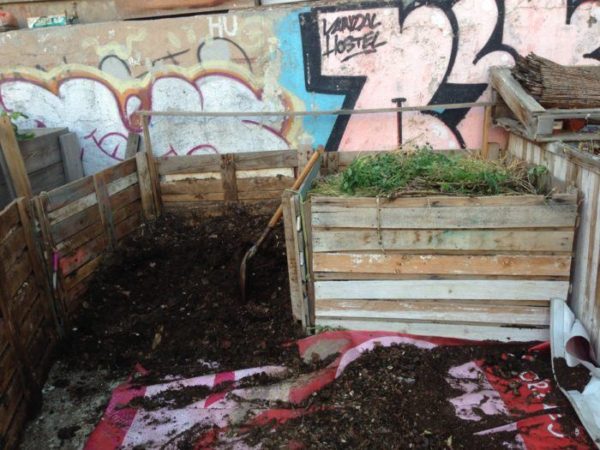
For this reason, in an organic garden these artificial products are replaced by natural ones that also contain basic nutrients, such as manure, green manure or… the fertilizer par excellence of the organic garden: compost.
As I still have a lot to tell to explain what an organic garden is, I leave you the link to this post that I wrote about 5 ways to fertilize the organic garden, with more details about fertilization with natural fertilizers.
What can be grown in the garden?
Another basic aspect of an organic garden is biodiversity. That is, it is very important that there are several different types of plants.
This helps to have more pollinators (such as bees, which are very beneficial in the garden) and to maintain a healthy and rich soil thanks to the rotations of all these different plants and the benefits that each one of them.
In this link you can find 5 types of interesting plants to grow in the garden and, as you will see, not everything is lettuce, garlic or tomato… The aromatic ones, the hedges, or some flowers can bring important benefits to the organic garden.
How to eliminate pests in an organic home garden
As we have already seen, companion planting is about putting plants together that can benefit from each other. One of the benefits may be, for example, that the smell of one of them repels the typical pests that can attack the plant next to it… You have more details and some examples of plant associations in the article Association of crops: plant compatibility.
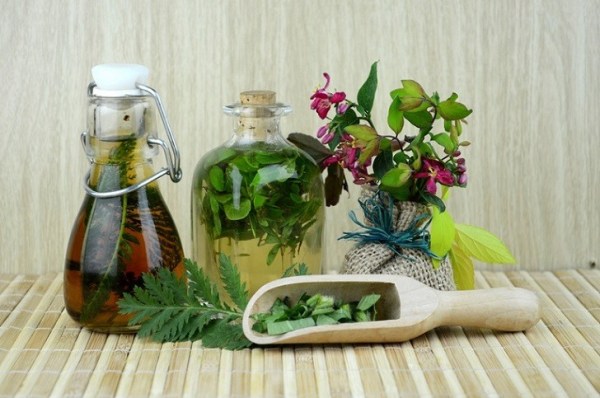
Beneficial insects, toads and other garden allies can also be purchased and released into the garden to help fight pests, or even make a beneficial insect house.
These are just some used in the integrated fight, the method to combat pests in organic gardens, but there are many others such as the use of insect traps or the application of natural insecticides for organic gardens.
Other characteristics of an organic garden
Other management techniques used in an organic garden are:
- Recycling (from old containers or pallets to the crop residues themselves at the end of the harvest, which can be used to make homemade compost).
- The use of organic seeds
- crop rotation
- Saving water: reusing rainwater, using drip irrigation or watering at the right times (when the sun is going down) are some of the ways to save water in the orchard.
These are just some basic notions to understand what an organic garden is. If you know or use other organic farming techniques or methods in your garden, you can tell us in the comments!
If you want to start your own organic garden, you have hundreds of posts on the blog that I hope will help you, and we are also here to answer your questions and comments!
References
- Remmers, G., 1993. Traditional Farming and Organic Farming: Distant Neighbors. Agriculture and Society, No. 66.
- Kolmans, E. & Vásquez, D., 1999. Organic Farming Manual. An introduction to basic principles and their application. Organic Agriculture Group. Cuban Association of Agricultural and Flower Technicians.
- Pérez López, G. & Velázquez Angulo, C., 2013. Sustainable Urban Garden. Ed. Mundi-Press.
- El-Hage Scialabba, N., 2013. Organic Agriculture’s Contribution to Sustainability. FAO Organic Agriculture Program.

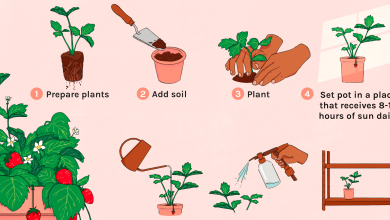
![Photo of Tubers: What are they? [Types, Planting and Irrigation]](https://www.complete-gardening.com/wp-content/uploads/2022/08/tubers-what-are-they-types-planting-and-irrigation-390x220.jpg)
